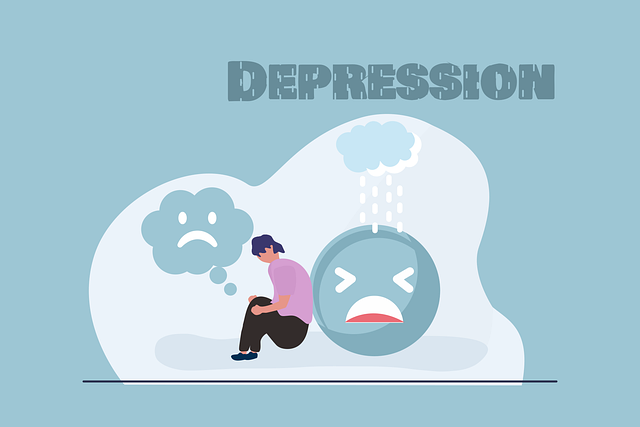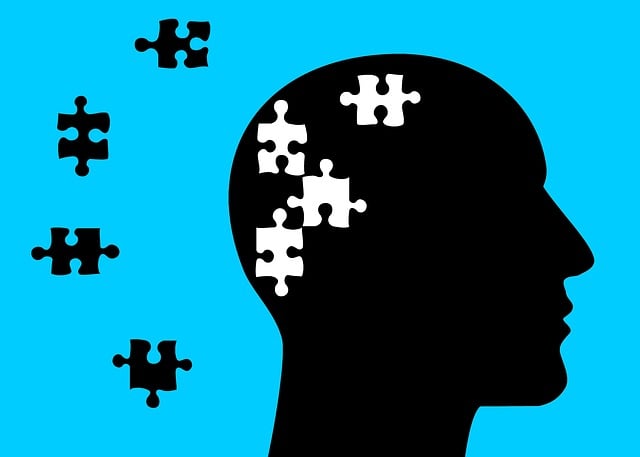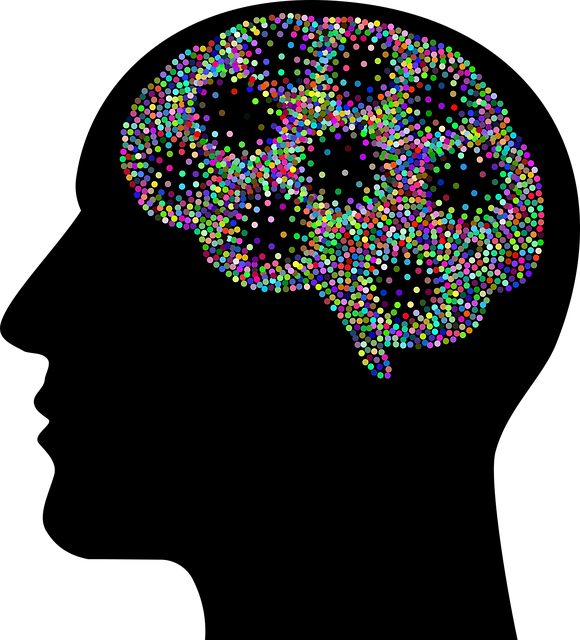Cultural competency is essential in healthcare, especially for managing chronic illnesses like those treated by Parker Chronic Illness Therapy (PCIT). PCIT offers tailored training that combines Trauma Support Services, Resilience Building, and Positive Thinking to help providers offer holistic care. This includes addressing physical, psychological, and social needs while building trust and facilitating open dialogue through nuanced communication. The program's interactive workshops and real-world scenarios enhance cultural sensitivity, leading to better patient outcomes and stronger provider-patient relationships. Implementing such training is a proactive step towards inclusive healthcare environments, with measurable improvements shown through post-training evaluations and long-term follow-ups.
- Understanding Cultural Competency in Healthcare: A Necessity for Quality Patient Care
- Parker Chronic Illness Therapy: Strategies for Effective Training
- Implementing and Measuring the Impact of Cultural Competency Training Programs
Understanding Cultural Competency in Healthcare: A Necessity for Quality Patient Care

In today’s diverse healthcare landscape, cultural competency is no longer a luxury but an absolute necessity for delivering quality patient care. It involves understanding and respecting patients’ cultural backgrounds, beliefs, and values, ensuring their emotional well-being promotion techniques are aligned with their unique needs. This approach is especially crucial when addressing chronic illnesses like those managed by Parker Chronic Illness Therapy, where mental wellness and mood management play significant roles in overall treatment outcomes.
Cultural competency training equips healthcare providers with the skills to navigate complex cultural terrains, fostering effective communication and trust between patients and caregivers. By embracing diverse perspectives, healthcare professionals can create inclusive environments that encourage open dialogue about sensitive topics related to health and healing. This understanding is vital for accurate diagnosis, appropriate treatment plans, and ultimately, improved patient satisfaction and outcomes, all of which are integral to successful chronic illness management strategies.
Parker Chronic Illness Therapy: Strategies for Effective Training

In the context of healthcare provider cultural competency training, Parker Chronic Illness Therapy offers valuable strategies for effective learning and adaptation. This approach is particularly crucial in addressing the complex needs of patients with chronic illnesses, who often require holistic care that considers not just physical health but also psychological and social aspects. By integrating Trauma Support Services, Resilience Building, and Positive Thinking into their curriculum, healthcare providers can create an inclusive and supportive environment for patients navigating chronic conditions.
The Parker methodology emphasizes cultural sensitivity and adaptability as key components of successful treatment. Through interactive workshops and real-world scenarios, trainers help professionals develop the skills to understand and respect diverse patient backgrounds, beliefs, and preferences. This enhanced cultural competency not only improves patient outcomes but also fosters stronger relationships between healthcare providers and their chronic illness patients, ultimately enhancing the quality of care delivered.
Implementing and Measuring the Impact of Cultural Competency Training Programs

Implementing cultural competency training programs is a proactive step toward enhancing patient care and fostering inclusive healthcare environments. These initiatives equip healthcare providers with the skills to navigate diverse cultural landscapes, ensuring every patient receives respectful, culturally sensitive treatment. The impact of such programs extends beyond individual interactions; they contribute to systemic changes, reducing disparities in healthcare access and outcomes, especially for underserved communities.
Measuring the effectiveness of these training efforts is crucial using quantifiable metrics. This involves assessing improvements in provider attitudes, knowledge, and behaviors related to cultural competency. For instance, post-training evaluations can gauge changes in self-perceived cultural competence and satisfaction with diversity-related educational content. Moreover, long-term follow-up assessments can reveal how training translates into improved patient interactions and health outcomes, as seen in the successful implementation of Parker Chronic Illness Therapy models, emphasizing resilience building and self-care routine development for better mental health.
Cultural competency training, as demonstrated by strategies from Parker Chronic Illness Therapy, is an indispensable tool in healthcare. Implementing these programs not only enhances patient outcomes but also fosters a more inclusive and effective healthcare system. Measuring the impact of such initiatives is crucial for continuous improvement and ensuring that all patients receive quality care tailored to their unique cultural backgrounds.














